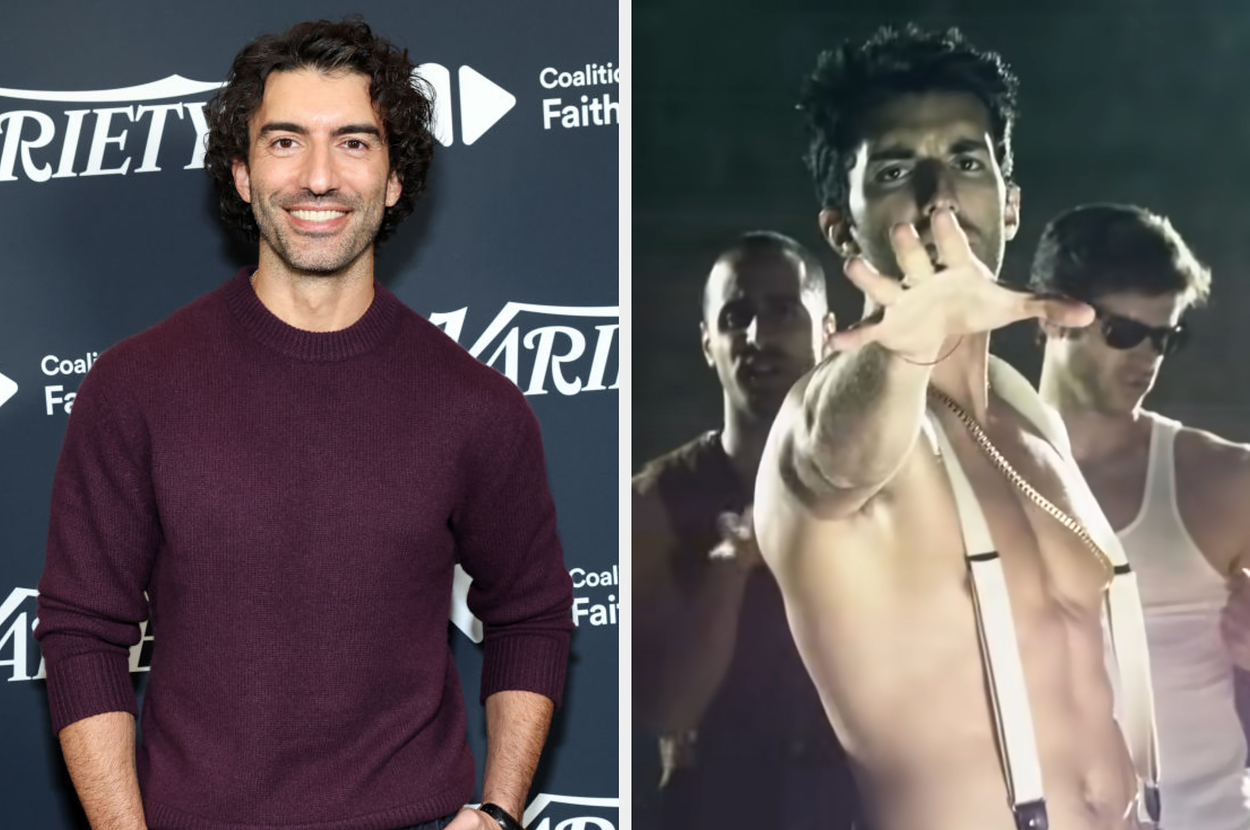Entertainment
Justin Baldoni’s 27-Minute Proposal Video: The Red Flag Everyone Overlooked

In recent days, Justin Baldoni’s marriage proposal video has sparked intense reactions online, especially following serious allegations of sexual harassment against him by actress Blake Lively. This lawsuit has repercussions for Baldoni, resulting in his talent agency, WME, severing ties and his podcast co-host, Liz Plank, stepping down. Additionally, the Women’s Advocacy Award he recently received has been rescinded. Amid the fallout from these developments, older videos featuring Baldoni have resurfaced on social media, leading to renewed scrutiny.
Among the most discussed is a 27-minute proposal video Baldoni created for his current wife, actress Emily Baldoni. Originally posted on YouTube more than a decade ago by Baldoni’s production company, Wayfarer Studios, the video has amassed over 14 million views. Initially shared in a more favorable light when Baldoni spoke out against domestic violence during the promotion of his film, the proposal video is now drawing mixed reviews.
The video takes viewers through a series of theatrical moments, starting with Baldoni sending his wife to a restaurant reminiscent of their first date. There, a video he crafted plays, showcasing his creative ideas for the perfect proposal. It includes playful nods to classic boy band music videos and a choreographed flash mob at a store, culminating in an emotional confrontation where he expresses his deep feelings for her.
While many initially praised Baldoni for his emotional intelligence and romantic gestures, the focus has shifted significantly since the allegations emerged. Viewers, now approaching the video with a critical eye, have labeled it self-indulgent and questioned its authenticity. Comments on platforms like TikTok reveal that many find the proposal to be more about Baldoni’s ego than a genuine homage to his partner, reflecting a broader skepticism toward displays of masculinity that can overshadow the intended message.
As conversations continue to evolve, what was once a celebrated romantic moment is now being reassessed through the lens of the current allegations. This shift signifies a growing discourse about gender dynamics and expectations in relationships, with many questioning what constitutes a healthy expression of love and commitment.
